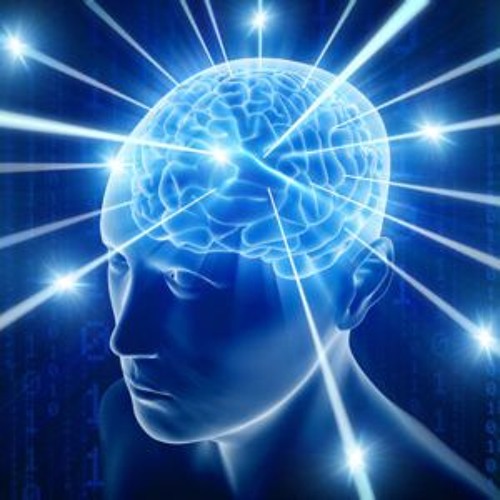In the wake of new programs that produce artwork derived from existing media, ChatGPT, and even algorithms that can predict protein folding, it is evident that the age of artificial intelligence (AI) is upon us. In many cases, the AI programs and tools are far more advanced than we have previously seen, to the point where humanity can derive great benefit from AI while fearing how it may affect our society and livelihoods. While it is unlikely that we will be subjugated by our new robot overlords, it is still important to explore what has been done and remains possible through AI, and our considerations for its ethical usage.
As a lifelong Star Trek fan, it has been exciting to see a lot of the science fiction gradually become science fact, even from the classic episodes with Captain Kirk and Mister Spock. From automatic doors to cellular phones, and even the computing innovations we take for granted such as the Google search engine, touch screen iPads, and the Alexa voice-activated assistant, science fiction like Star Trek has fed our imaginations to turn concepts into reality, such as this happy goofball (albeit a very resourceful goofball) making Doctor Octopus tentacles. I will continue sprinkling in Star Trek references because many of the neuroscience-based innovations in this post seem inspired by mere words on a script page that turned into an "aha" moment on screen, but as paraphrased from Arthur C. Clarke's laws, nothing is truly impossible with the right kind of science.
Computers are ubiquitous in our lives now, particularly the majority of us who have a miniature supercomputer in the palm of our hands. With more efficient and powerful computer technology coupled with the understanding that biology is much more complex than dissecting out the role of a single protein in a signaling pathway, the relatively new field of computational biology and bioinformatics has exploded over the past few decades as researchers needed new tools and strategies to understand biology on a systems level. This has allowed non-traditional professionals to enter bioscience research, from primarily computer scientists to bench scientists who have taught themselves coding and statistics. As the computational component has permeated through nearly all of modern biology, we realize that there is a beneficial coexistence between the experimentalists and the keyboard warriors who make sense of growing datasets.





